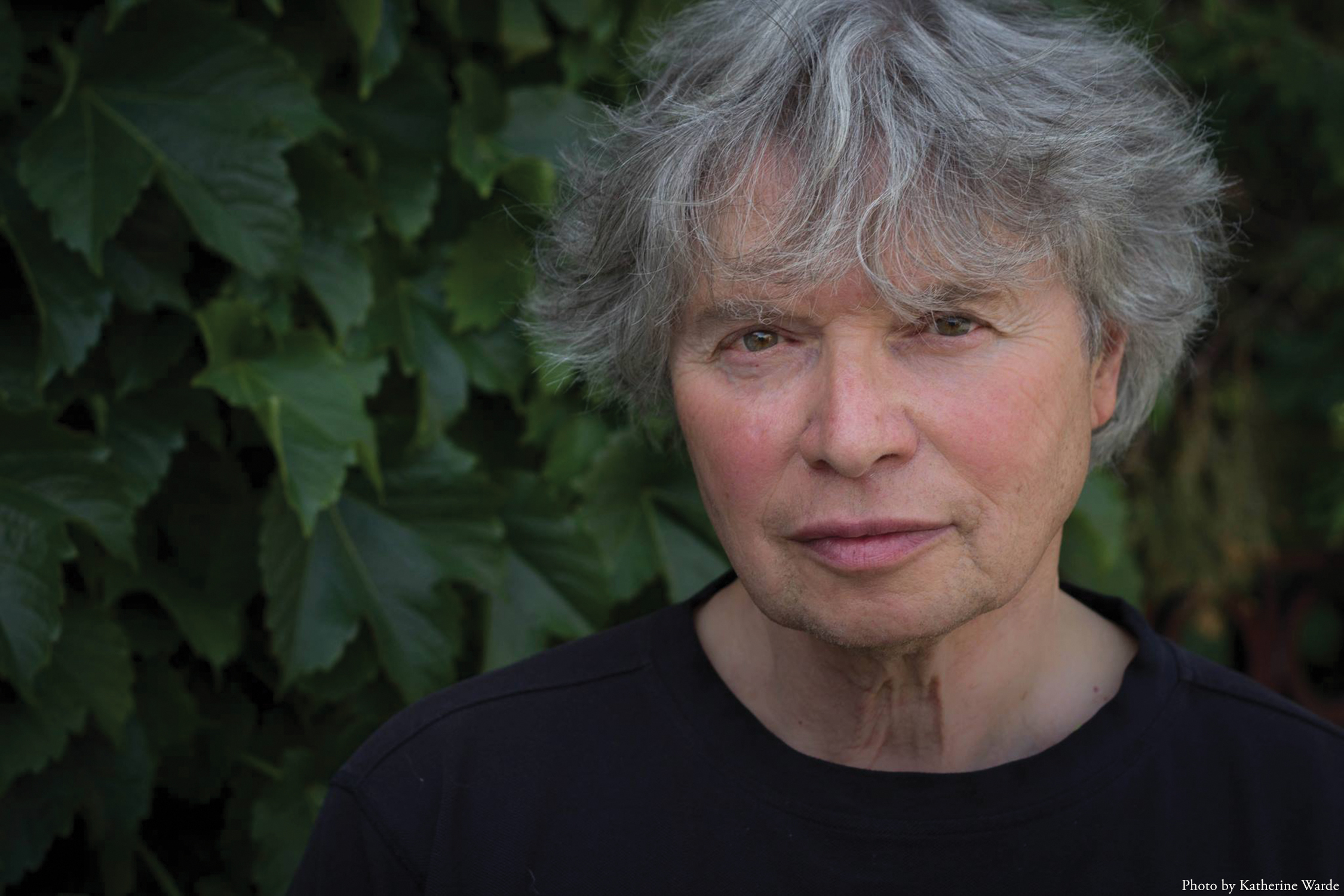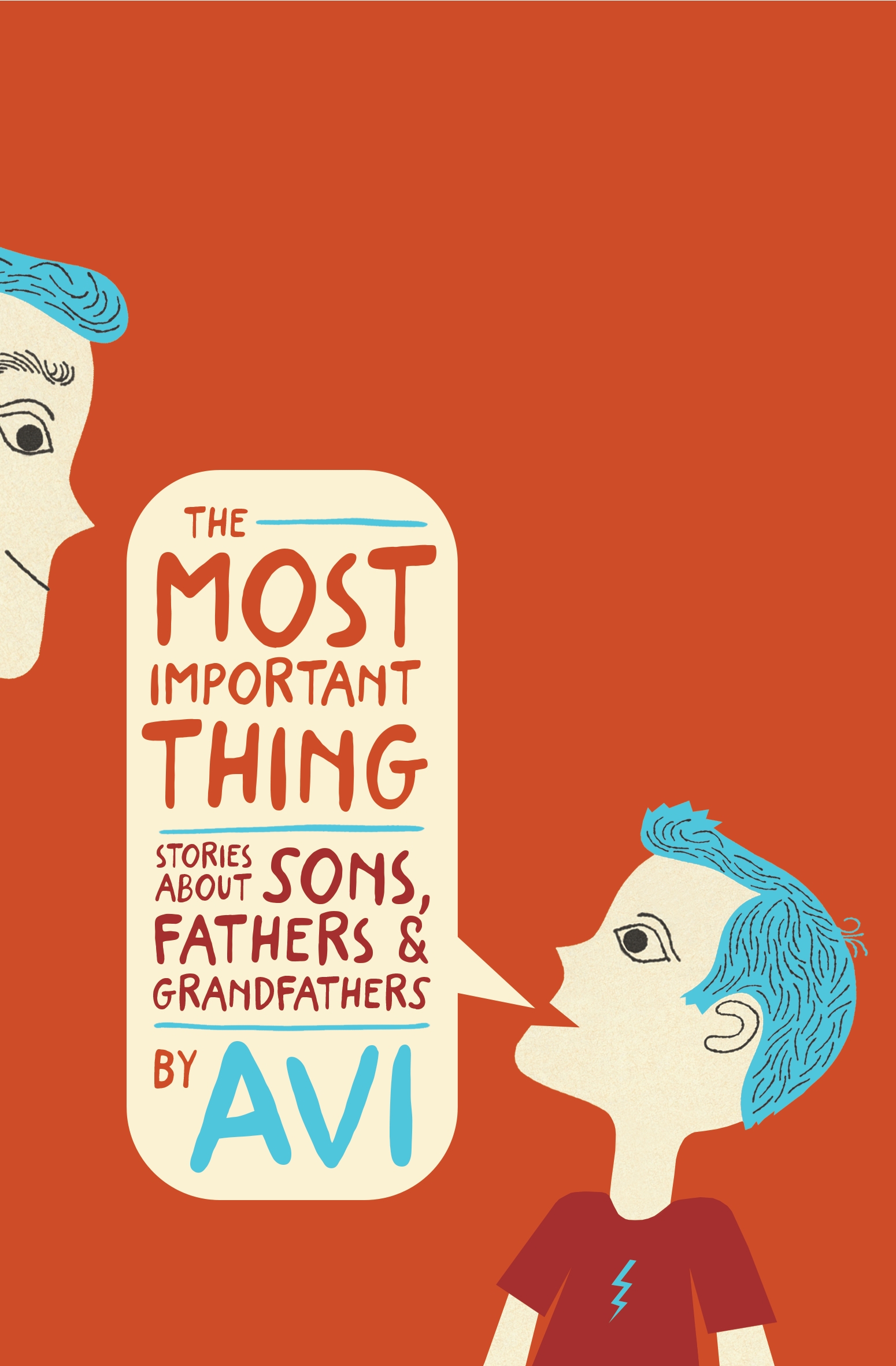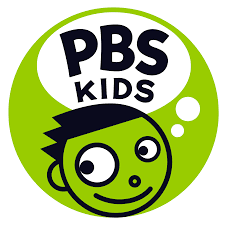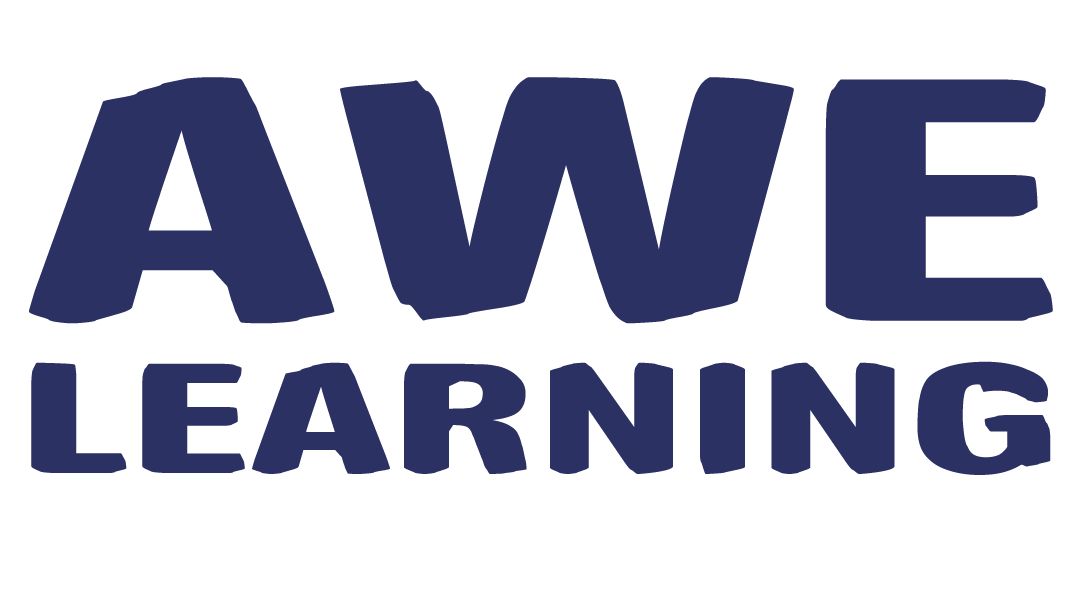 Avi is one of the most celebrated authors writing for children today, having received the Boston Globe–Horn Book Award, the Scott O’Dell Award, the Christopher Award, the Newbery Medal, and two Newbery Honors. He lives in Colorado.
Avi is one of the most celebrated authors writing for children today, having received the Boston Globe–Horn Book Award, the Scott O’Dell Award, the Christopher Award, the Newbery Medal, and two Newbery Honors. He lives in Colorado. The Most Important Thing:
The Most Important Thing:
Luke sees the ghost of his father but can’t figure out what Dad wants him to do. Paul takes a camping trip with the grandfather he’s just met and discovers what lies behind the man’s erratic behavior. Ryan has some surprising questions when he interviews his prospective stepfather for the job. In a compellingly honest collection of stories, multiple-award-winning author Avi introduces seven boys — boys with fathers at home and boys whose fathers have left, boys who spend most of their time with their grandfathers and boys who would rather spend time with anyone but the men in their lives. By turns heartbreaking, hopeful, and funny, the stories show us boys seeking acceptance, guidance, or just someone to look up to. Each one shines a different light on the question “What is the most important thing a father can do for his son?”
Interview Questions for Avi
Would you share the story behind your name and why you don’t use your last name?
When infants my twin sister (Emily Leider, herself a writer) could not, or would not pronounce my name other than what sounded like “Avi.” As in many families that became my name. It still is.
Why don’t you use your last name?
My family was opposed to my becoming a writer, not because writing was bad, but because they thought my writing was bad. Dropping the last name, and using my invented name, made my writing very much my own.
When did you decide that you wanted to become an author and why?
I was a senior in high school. My first desire was to become a playwright. Growing up in NYC, theatre was wonderfully accessible, and in those days cheap. I just loved the theatre.
What was it like being a librarian and a writer?
Extremely compatible. I lived in a world where books and writing was valued. I had bosses (and colleagues) who liked having a writer on the staff. I had flexible hours, which meant more writing time. If you live and breathe book culture what could be a better place than a library?
Some authors base stories off a newspaper article or an event in their lives. Where do you get the ideas for your stories?
I am honestly not sure. Because I have always read a great deal fiction and history—both narrative genres—I look upon the world as full of narratives.
You have written in many different genres including historical fiction, comedies, mysteries, ghost stories, adventure tales, realistic fiction, and picture books. What kind of book do you prefer writing or which are you best at writing?
The short answer is, a prefer writing good books. Among my books, the most recent, THE MOST IMPORTANT THING, a collection of realistic, modern short stories, has gotten almost the best of reviews I’ve ever gotten. Books as diverse as THE TRUE CONFESSIONS OF CHARLOTTE DOYLE (historical fiction), or POPPY, an animal story, equally good.
What questions do you ask yourself when you are editing and revising a story?
The only question is: will this read well?
What is the thought process you use to help you find the right words?
I think a lot about words. I am constantly consulting a dictionary (OED) for words past and present.
You have written so many books. What is the difference between your most recent books and the first books you wrote, besides experience?
I like to think my books are better, both from the writing point of you, and the depth of character, complexity of experience offered. But readers need to decide, not me.
Everyone says the best way to get better at writing is by reading. Why?
Because, as I like to say: Writers do not write writing. They write reading.
What is the best advice you have ever received?
When I was in college, an adult mentor once said to me (after reading some of my work) “Well, Avi, it takes a heap of manure to make a flower grow.”
What is your favorite quote?
“An educated person is someone who knows what he doesn’t know.” (Not sure where that comes from.)







